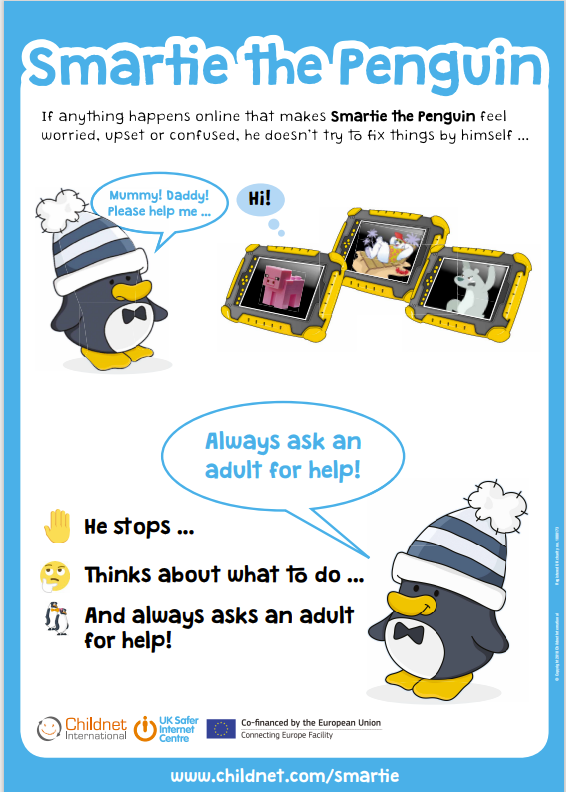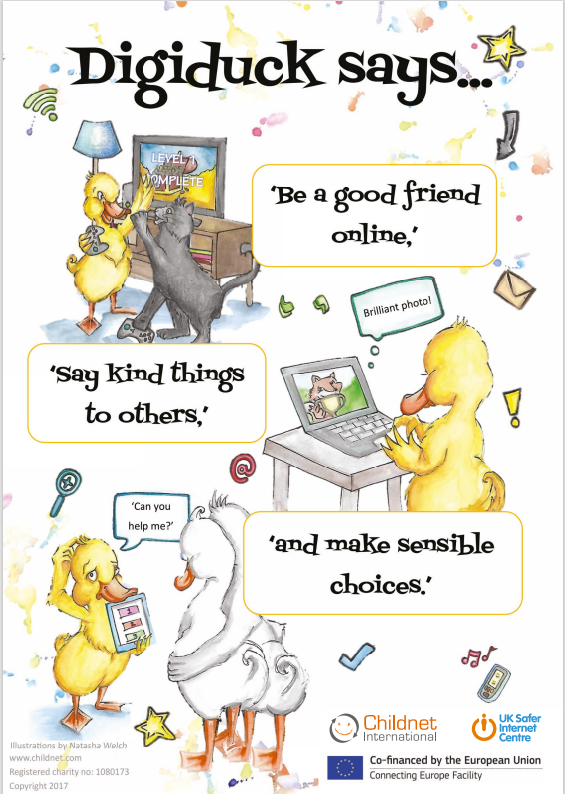We are digital explorers
Computing Lead – Miss Firth
Our school values: EARS – Effort, Attitude, Respect, Safe
At Waterside Academy, we provide rich opportunities and experiences that actively promote lifelong skills. Technology is everywhere and will play a pivotal part in students' lives, both today and in their future careers in the digital world. We integrate our school values into the teaching of computing; for instance, children learn to be respectful during online safety lessons and demonstrate effort when grappling with new programs and software, which may initially be challenging to understand. We are dedicated to modelling and educating our pupils on how to use technology positively, responsibly, and safely. E-safety is not a stand-alone lesson; it is intricately woven into the wider curriculum, seamlessly integrated into PSHE lessons, assemblies, and computing classes.
Our computing curriculum adheres to the National Curriculum, serving as a foundation for its content. We deliver a high-quality, age-appropriate curriculum aligned with national standards, utilising a specially developed scheme from the National Centre for Computing Education. It has been carefully designed to build progressively on the children’s learning as they move through school. Across Key Stage 1 and Key Stage 2, children complete units in the four key domains: computing systems and networks, creating media, programming, and data and information processing. These domains foster cross-curricular links with Art and Design, Science, Mathematics, and Literacy. To facilitate our curriculum delivery, our students have access to a variety of devices, including desktop computers, laptops, and iPads.
National Curriculum aims:
- The national curriculum for computing aims to ensure that all pupils can understand and apply the fundamental principles and concepts of computer science, including abstraction, logic, algorithms and data representation.
- Can analyse problems in computational terms, and have repeated practical experience of writing computer programs in order to solve such problems.
- Can evaluate and apply information technology, including new or unfamiliar technologies, analytically to solve problems.
- Are responsible, competent, confident and creative users of information and communication technology.





